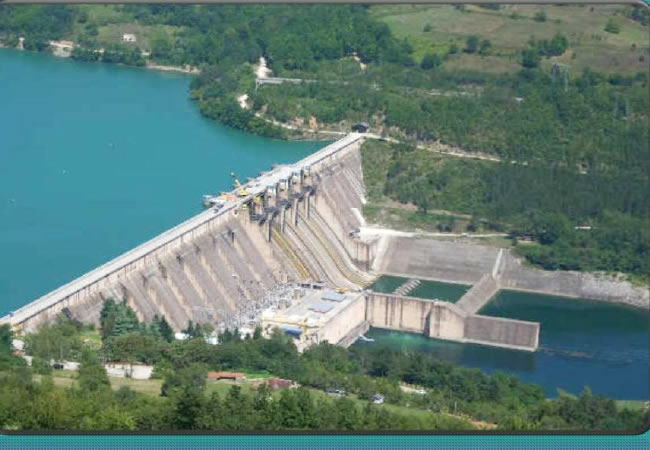Dams and the Nigerian Ecology

By Ojugbele Omotunde
Dams in Nigeria have several positive impacts on the ecology, generating clean and renewable energy, regulating water flow to prevent floods, and providing a stable water supply for agriculture and domestic use.
One significant advantage is the generation of hydroelectric power. Dams in Nigeria have the potential to produce substantial amounts of clean and renewable energy. By harnessing the power of flowing water, these dams can generate electricity without relying on fossil fuels.
This reduces greenhouse gas emissions and mitigates the impact of climate change, helping meet the country’s energy demands while promoting sustainable development and environmental stewardship.
Furthermore, dams play a crucial role in regulating water flow. Nigeria, like many other countries, experiences periods of heavy rainfall that can lead to devastating floods. Dams act as buffers, storing excess water during times of heavy rainfall and releasing it gradually during drier periods.
This helps in flood control, protecting nearby communities and agricultural lands from potential damage. By managing water resources effectively, dams contribute to the overall stability and resilience of ecosystems, ensuring a more sustainable and balanced environment.
Another positive impact of dams is the provision of a stable water supply for various purposes. Dams can store and distribute water for irrigation, enabling agricultural activities even during dry seasons. This supports food production, enhances food security, and reduces dependence on rainfall for farming.
Additionally, dams can provide a reliable water source for domestic use, promoting access to clean drinking water for nearby communities. This is essential for public health and well-being, as access to safe water is a fundamental human right.
While these benefits are significant, it is important to note that the construction of dams should be done with careful consideration of potential environmental impacts. Proper planning, environmental assessments, and mitigation measures are necessary to ensure that the benefits of dams are maximized while minimizing any negative effects on the ecology.
